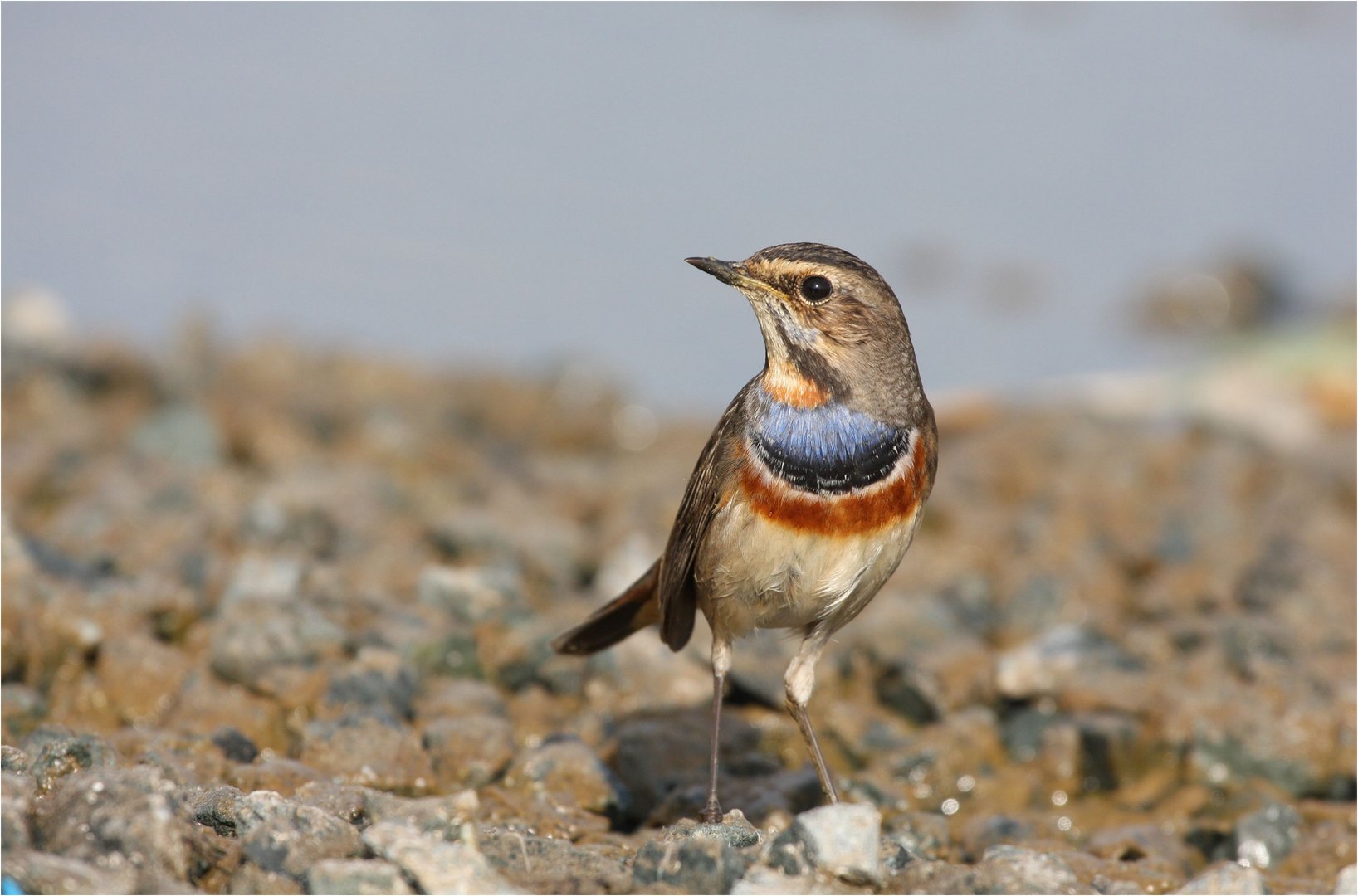The code for the management and protection of wetlands in the island will be ready before the end of 2022, providing for the restoration of degraded areas and promoting research, Agriculture Minister Costas Kadis said on Tuesday.
“The importance of wetlands is immense and multi-dimensional, as they are not only an irreplaceable indicator of the quality and sufficiency of a country’s groundwater, but also make a crucial contribution to ensuring food and clean water, protecting against flooding and erosion, and stabilising the coastline,” Kadis said.
The minister was speaking during an event on the occasion of World wetlands day, celebrated annually on February 2.
He said the code will include prioritising the restoration of important degraded wetlands, general guidelines for organised groups and the public, as well as the framework for promoting research and activities related to the monitoring and good management and protection of wetlands.
The areas “shelter thousands of plant and animal species, many of which are rare or endangered, while also providing areas for recreation and relaxation,” Kadis said.
He added that wetlands can also enrich the country’s tourism product as they attract several groups of people such as naturalists, hikers and birdwatchers.
The minister said the ecological importance of wetlands is recognised globally.
On February 2, 1971, the international convention on wetlands, known as the Ramsar Convention, was signed in the city of Ramsar, Iran.
The Ramsar Convention is an intergovernmental treaty that provides a framework for national action and international cooperation for the conservation and use of wetlands and their resources.
More than 2,400 wetlands from the 172 countries that have signed the Convention, including Cyprus, are in the treaty.
Under the Convention, the Larnaca salt lake, which includes the Great Lake and the lakes Orphani, Sorou and Airport, covering a total area of 1,761 hectares, has been included in the list as the 1,081st wetland of international importance. It has also been included in the European NATURA 2000 network.
The Ramsar Convention calls on Mediterranean states to take appropriate measures to protect their wetlands, the minister said.
Meanwhile, the Terra Cypria Organisation, operating as an Environmental Protection Foundation and following the example of the Environmental Organisation WWF Greece, proceeded in 2014 with the inventory of all the island’s wetlands, natural and artificial, with an area of more than 1,000 square metres.
The project resulted to the registration of 374 wetlands, of which 316 are artificial and 58 natural, the minister added.
Water scarcity in Cyprus has led to the creation of many artificial works, such as sluices and off-shore reservoirs, which aim at storing as much water as possible and enriching the underground aquifer.
The island’s artificial wetlands, which now exceed the natural ones, are also artificial ecosystems that are home to very important species of flora and fauna, Kadis said.







Click here to change your cookie preferences